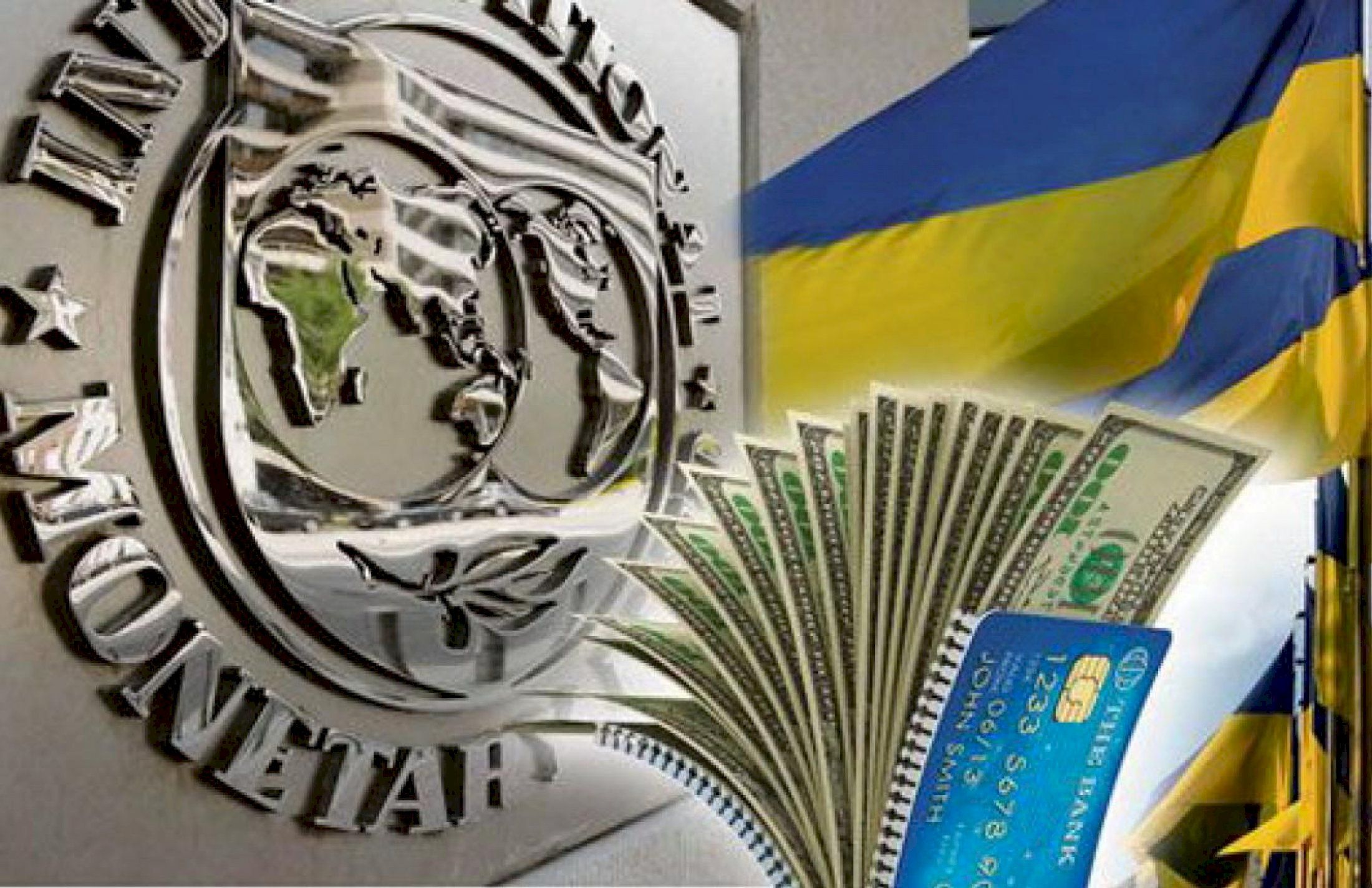The International Monetary Fund (IMF) plans to review the fees charged to its largest borrowers. This issue arose after some countries expressed concern over the high interest rates that make debt servicing costs excessive.
On July 8, the IMF’s Board of Directors, consisting of 24 members representing 190 countries, will consider options to grant countries a payment break on additional charges. These charges are imposed on countries that take on more debt than allocated to them or repay loans under IMF programs for longer periods.
In April, the creditor announced that it would begin studying the issue of fees in the summer, which could lead to proposals for possible changes. Any policy changes will require the support of 70% of the Board of Directors’ votes.
The IMF has been collecting charges for many years to prevent excessive dependence of large borrowers on the creditor. While these charges replenish the fund’s coffers, they also add billions of dollars in additional expenses for countries already suffering from economic difficulties.
High Interest Rates
The rise in global interest rates, particularly from the US Federal Reserve and the European Central Bank, has led to the overall rate on some IMF loans now exceeding 8%. This is twice as high as before the COVID-19 pandemic. As a result, countries like Argentina, Egypt, and Ukraine are forced to pay significant amounts. For example, Ukraine is required to pay $350 million.
A meeting on this issue will take place two weeks before Brazil hosts the Group of 20 finance ministers and central bank governors in Rio de Janeiro. Brazilian President Luiz Inácio Lula da Silva, as the host of this year’s forum, has promised to make fees the main topic of discussion alongside his calls for reforming the international financial system.
The IMF has stated that fees are a necessary part of its financial model, designed to prevent excessive borrowing or long-term debt repayment. However, borrowers and their supporters argue that additional fees strain their resources.
As the largest shareholder of the IMF, the United States has already expressed willingness to review the size of the fees.
Situation with Ukraine
By the beginning of July, Ukraine owed the IMF 10.5 billion SDR (approximately 13.8 billion dollars). Ukraine ranks second in debt size after Argentina. Servicing IMF loans in 2023 cost Ukraine 8% per annum, significantly higher than the average servicing cost of all loans provided by external official creditors, which is about 2.1% per annum.
Therefore, future changes in IMF policy could significantly impact the financial situation of borrower countries, including Ukraine, and determine the direction of international financial assistance in the coming years.


